The Link Between Psychiatric Disorders and Addiction
Many people don’t necessarily think to connect mental illnesses and substance use. However, there’s a definite connection between several common psychiatric disorders and the misuse of addictive substances. In many cases, a person may begin abusing addictive substances as a way to cope with the adverse effects of mental illness. In other instances, addictive substances can create changes in the brain itself that may lead to the development of a psychiatric condition. Whatever problem arises first, both issues need a treatment plan of their own.
What are Common Types of Psychiatric Disorders?
There are many types of psychiatric disorders. However, a few categories remain the most common. Consider a few basic facts about the more commonly found mental health conditions:
- Depression-Based– Major depression and other similar illnesses center around the development of intense and ongoing sadness. This condition goes much further than merely feeling sad due to difficult life circumstances. Depression of this type tends to be extremely severe and long-lasting.
- Anxiety-Based– We have all felt nervous from time to time. However, anxiety-based mental illnesses can go to the point of debilitating anxiety that may even keep an individual trapped in their own home.
- Trauma-Related– Experiencing a traumatic event can sometimes lead to the development of a related substance use issue. PTSD treatment and trauma therapy are an essential part of dealing with the long-term effects of surviving a traumatic event.
How Can I Know if a Loved One Suffers from Addiction?
It can be hard to admit that you or a loved one are suffering from an addiction. However, the only way to seek help is to acknowledge the problem itself. The following are common signs of addiction:
Physical Dependence or Withdrawal Symptoms
A person who is addicted to a substance often needs to take more of it over a period to keep feeling the effects it provides. Likewise, an individual may face harsh symptoms if they try to stop using the substance.
Physical and Personality Changes
Those experiencing addiction often go through many visible changes. They may not take care of themselves anymore, like brushing their teeth or bathing regularly. They may also lose their appetite and suffer from related weight loss. Finally, mood swings and personality shifts can also occur.
Isolating Oneself Socially
Human beings are very social creatures who typically enjoy spending quality time with loved ones. Those dealing with the effects of addiction may begin spending a lot of time alone. They also may not be interested in their favorite sports, hobbies, or other activities that once brought them joy.
Obtaining Proper Treatment
Helping a loved one deal with psychiatric disorders or addiction is a complicated process for many people. It’s also an isolating experience for the one going through it. Continue to show that you love your family member as you help them find the right treatment facility. Red Oak Recovery® is a high-quality rehab treatment center serving the needs of the Asheville, NC area. Red Oak makes use of an innovative hybrid program designed to create personalized plans for each. Trauma-related issues and dual-diagnosis programs are also readily accessible. Don’t allow psychiatric disorders and addiction to determine the quality of your life. A skilled treatment center can provide you with addiction therapy services and addiction treatment programs that you need. Call 866-457-7590 to find out how Red Oak Recovery® can help you heal.








